Proponents of hand-marked paper ballots held a press conference Friday on the eve of Monday’s Shelby County Commission meeting, where a vote is scheduled to approve or reject a rival system employing ballot-marking devices.
The ballot-marking devices are being insisted on by a majority on the Shelby County Election Commission, which pleads that timeliness demands a favorable vote. If the County Commission provides one, the county would spend $5.8 million on new machines supplied by Election Systems & Software, LLC (ES&S) and, says the Election Commission, the ballot-marking devices would be ready in time for the August county election.
Opposing such a vote at Friday’s press conference (held at Mississippi Boulevard Christian Church) were two active County Commissioners, one former County Commissioner, one County Commissioner-elect, and a member of the Democratic Party’s state committee.
Steve Mulroy, a County Commissioner from 2006 to 2014 and currently a candidate for District Attorney General, characterized the issue to be voted on Monday as follows: “We are getting ready …to quite possibly decide what election and voting system we’re going to use for the next 20 years. There is a chance that we’ll be making the wrong decision that we will be spending $6 million on an overpriced, glitch-vulnerable, hackable, less secure voting system that will erode further the public’s already low confidence in the integrity of our elections, when there is a much more secure, less expensive, low-tech solution, easily available, that the County Commission has already repeatedly said by resolution they’re in favor of.”
He added that if the ballot-marking machines are approved, “rather than using a 10-cent pen to mark the ballot, we have to use a $5,000 ballot marking device which is touchscreen and computerized and which election experts say can be hacked or is prone to glitches. So we are paying $4 million more for a less secure system. We are here today because the Election Commission has taken yet another run at trying to force the County Commission to fund this overpriced, less secure system.”
As Mulroy indicated, the County Commission has voted repeatedly to use hand-marked paper ballots for the badly needed new machines rather than the ES&S devices. Concurring with Mulroy’s statements and speaking remotely by phone, Commissioner Van Turner said, “The commission has spoken to this issue … I will again be supporting having paper ballots be the primary voting mode in Shelby County.”
Commissioner Eddie Jones, calling the Election Commission’s action an example of Election Coordinator Linda Phillips’ “Jedi mind tricks,” said of the Election Commission majority, “These are appointed people trying to step beyond their legal authority and go beyond us.”
Although Mulroy had noted, correctly, that the County Commission is majority-Democratic and the Election Commission majority- Republican, County Commissioner-elect Erika Sugarmon declared, “This is a non-partisan issue. Republicans, Democrats, and libertarians have been going to the commissions. We’ve been going to the Election Commission, and the Shelby County Commission, voicing our concerns, and stating our desire to have hand-marked paper ballots. We want hand-marked paper ballots like they have in Knox County.” Sugarmon added, “Ballot-marking devices also are a way to suppress the voters rights. For example, in disadvantaged, marginalized, minoritized, and working class communities, they cause long lines.”
Sarah Wilkerson Freeman, a member of the Democratic state committee, said the Election Commission’s attempt to force an approval of ballot-marking devices was “troubling, very, very troubling, because it is voters who put the County Commission in, and they have repeatedly said ‘no’ to these proposals from the Election Commission. And what is going on is that the administrator is dragging her heels and dragging our heels until the whole system becomes increasingly broken and broken and broken.”
Mulroy said that the County Commission, on Monday, could not only reject the Election Commission’s desire for ballot-marking devices, it could go ahead and vote for hand-marked paper ballots. “The state of the law is we have a [Chancery] Court ruling that has not been overturned, [and] the County Commission can go forward, if it wants to. The Election Commission has appealed the Chancery ruling, but the pendency of the appeal does not prevent the county commission from going forward.”
He recommended “that people call their county commissioners between now and Monday, tell them that want to spend less money and be more secure.”
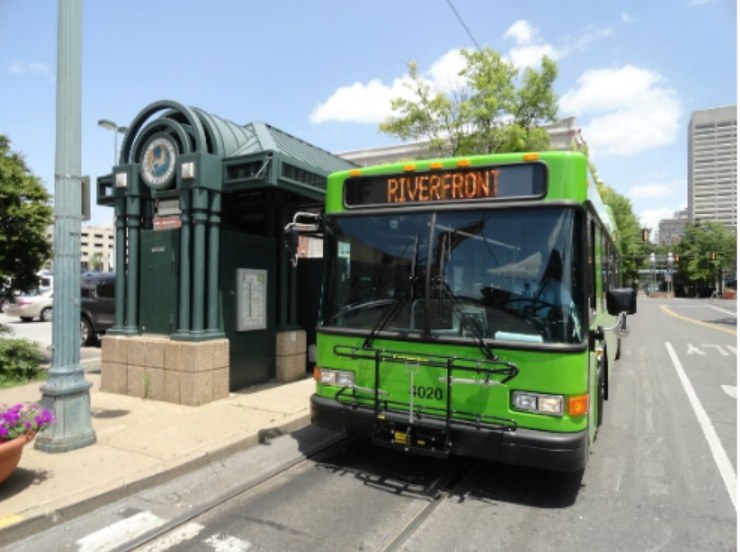

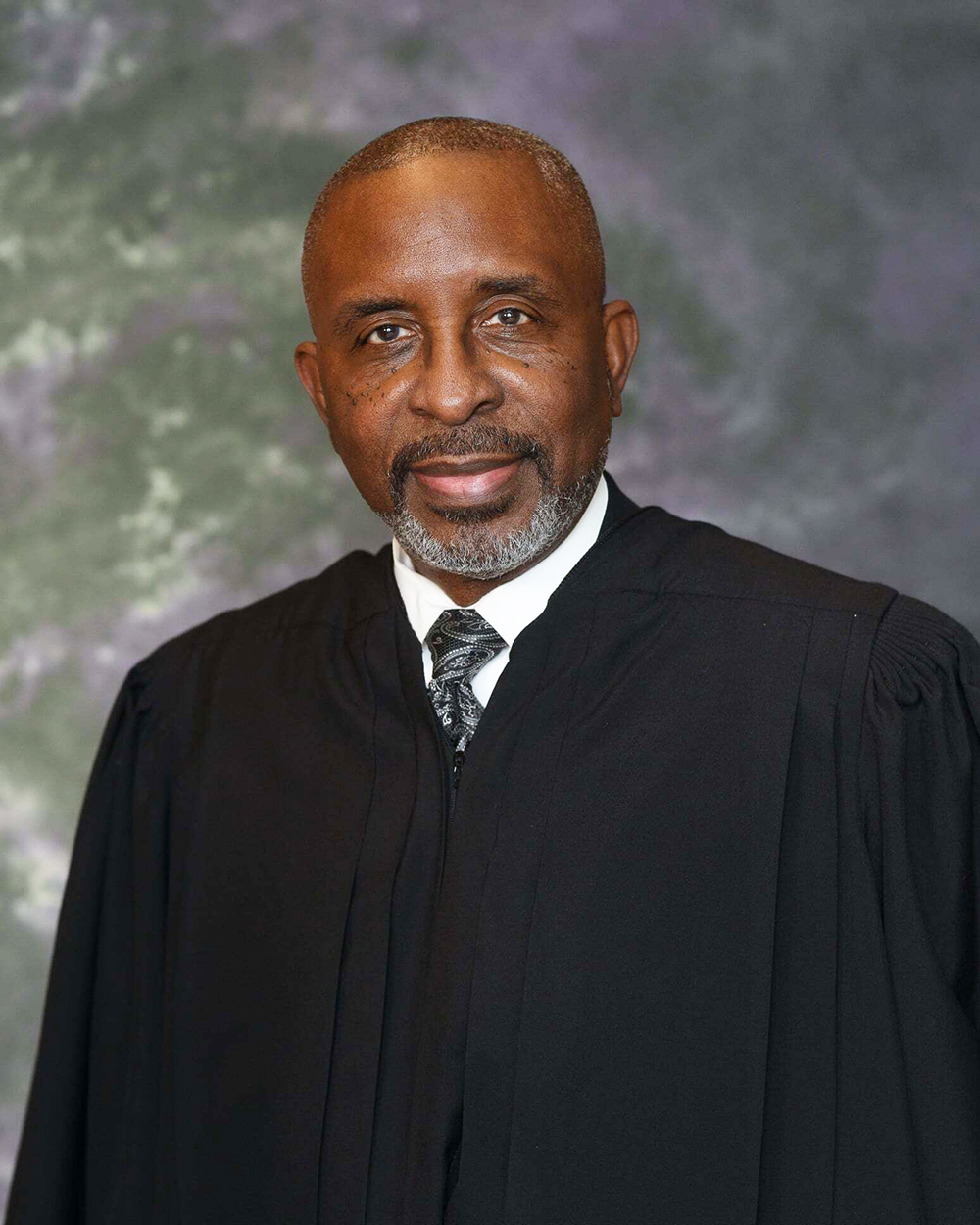
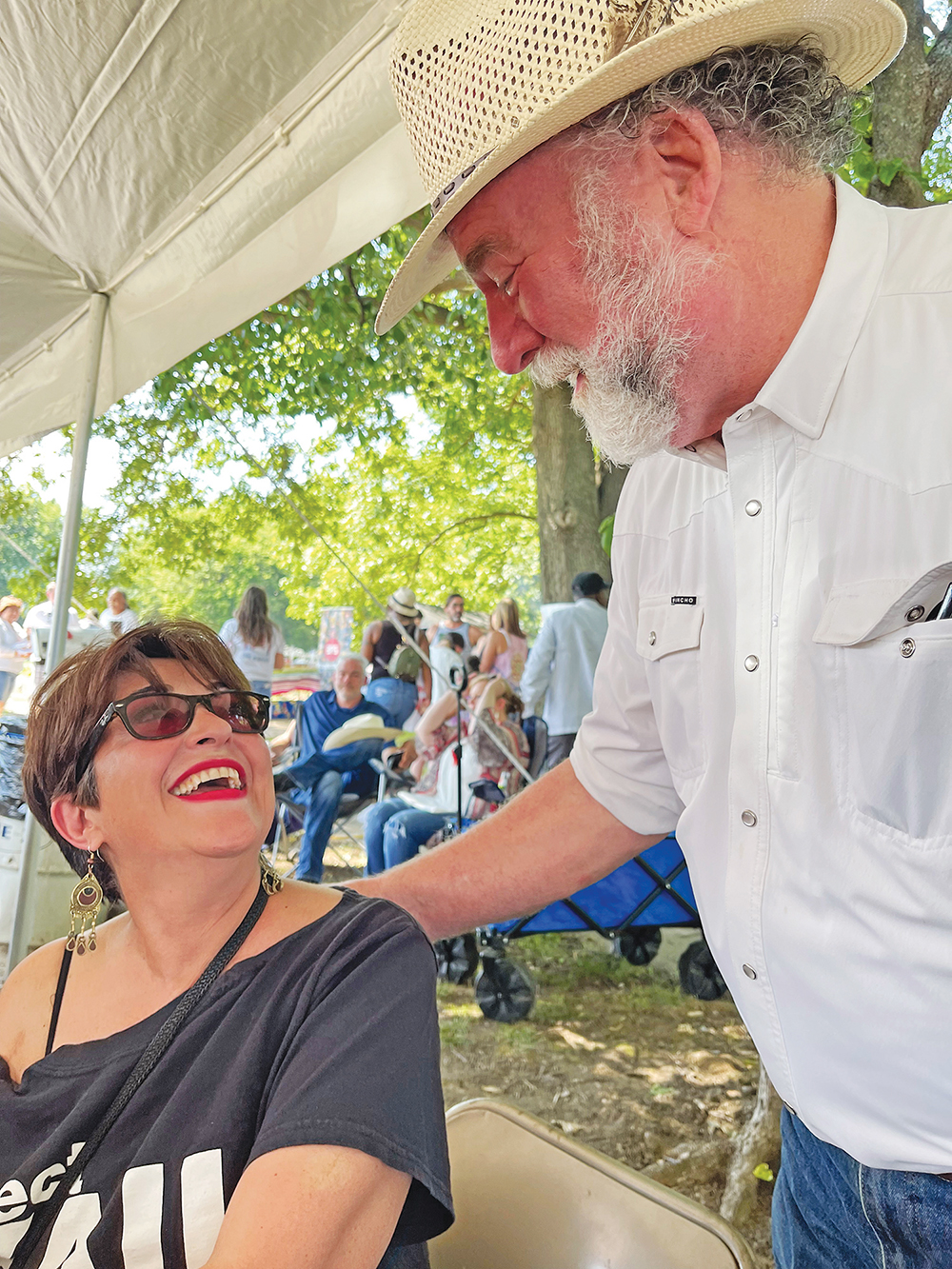
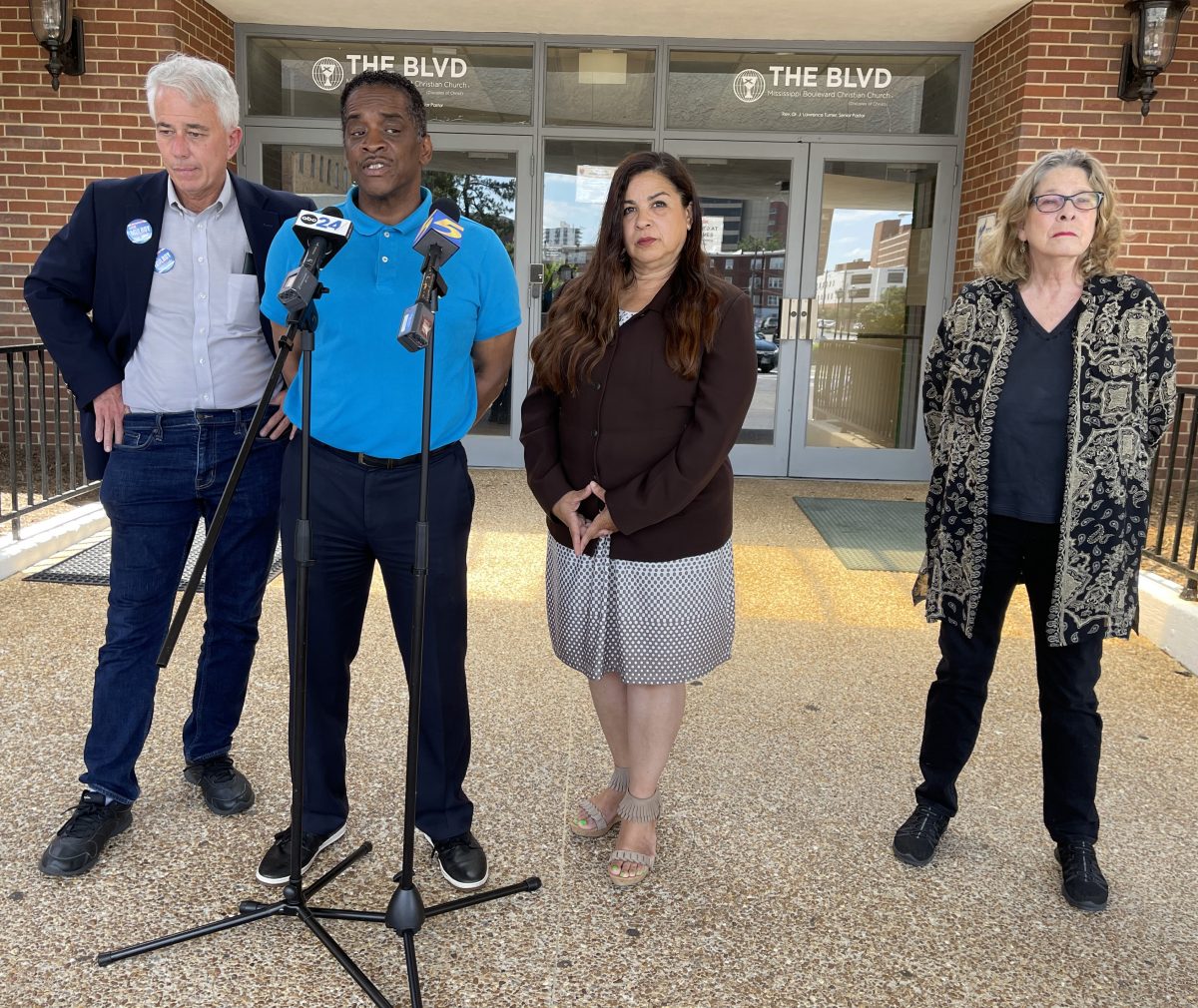
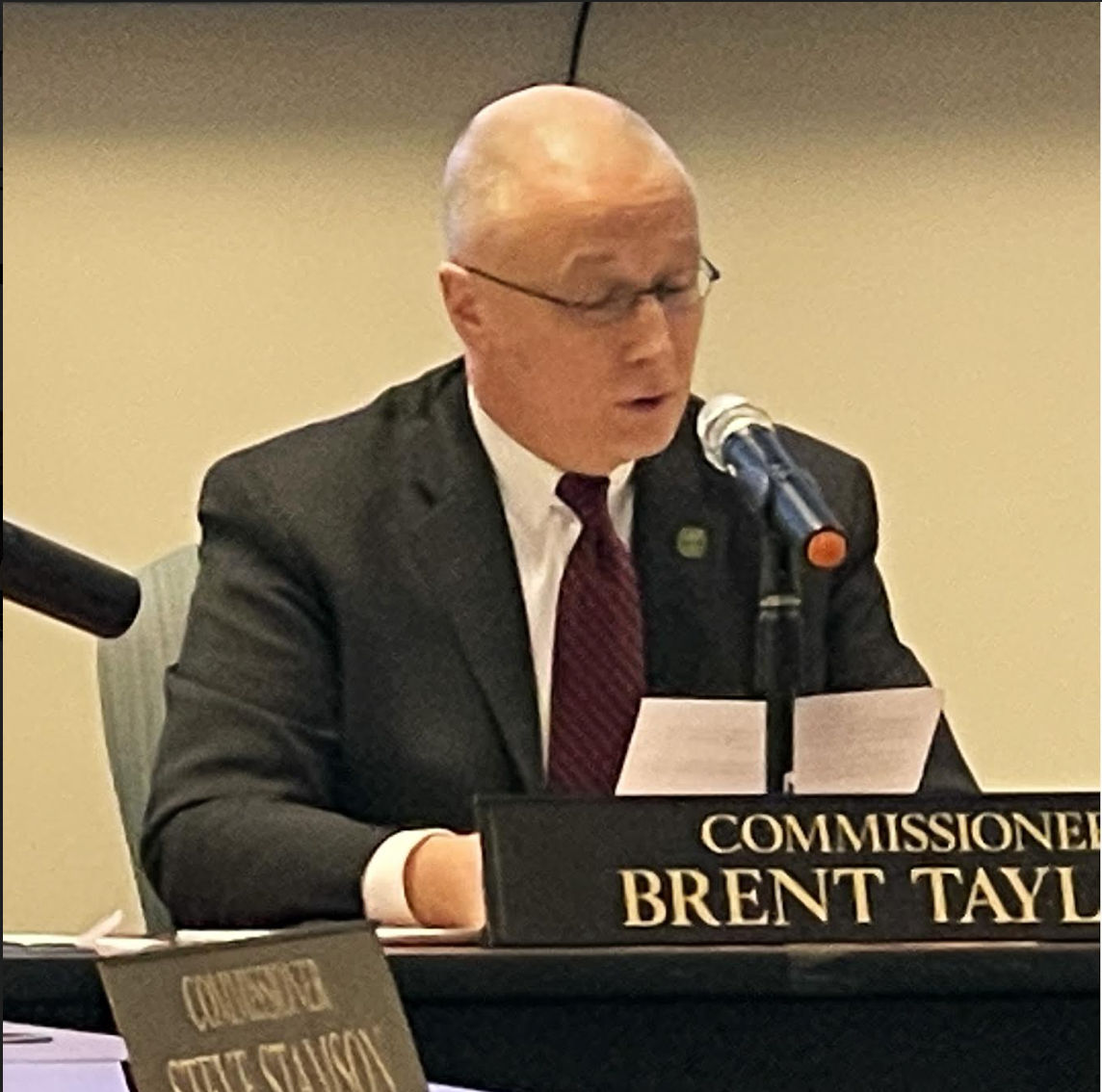
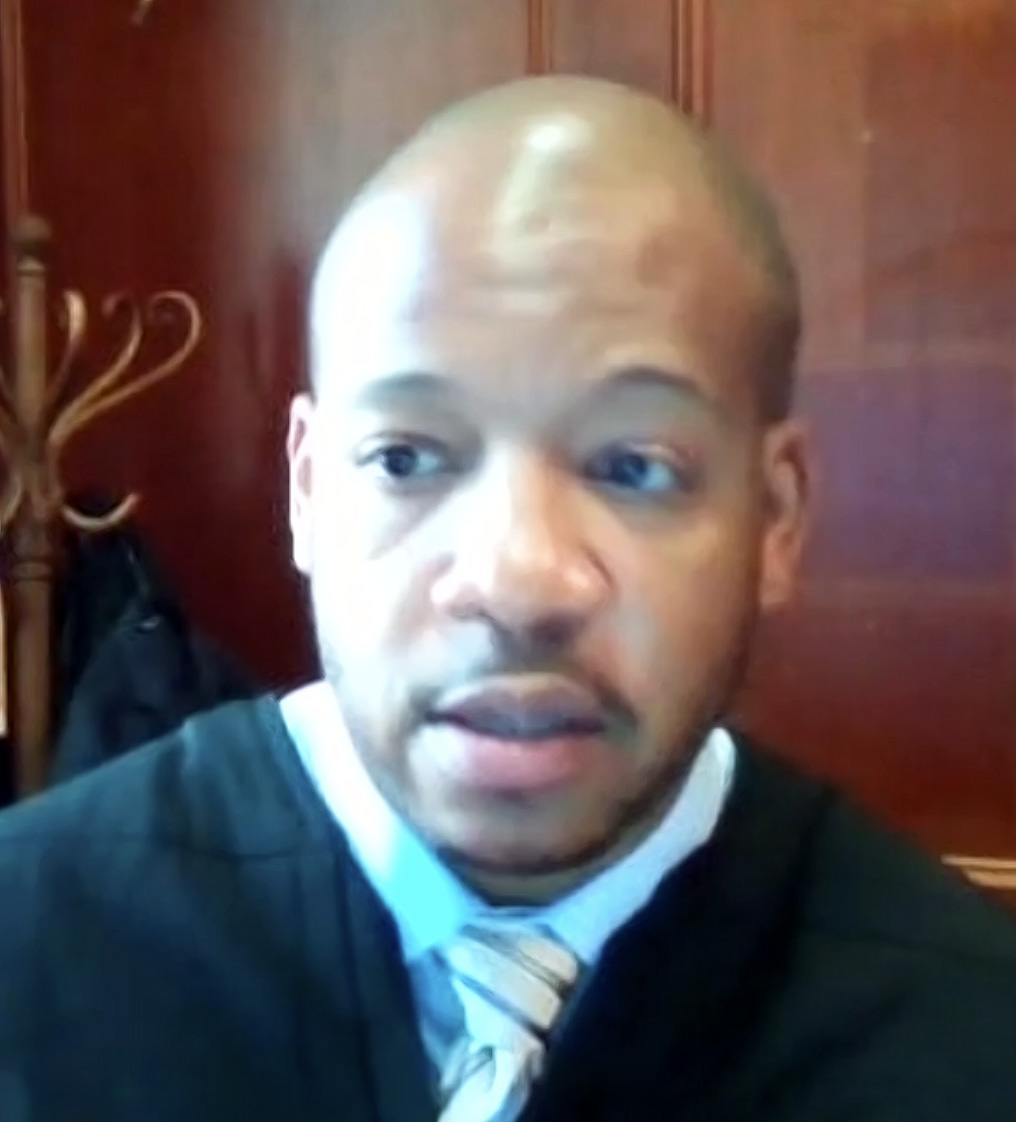
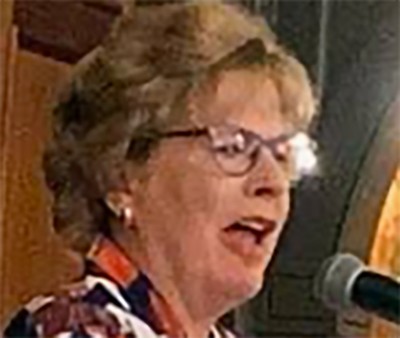 JB
JB  JB
JB 